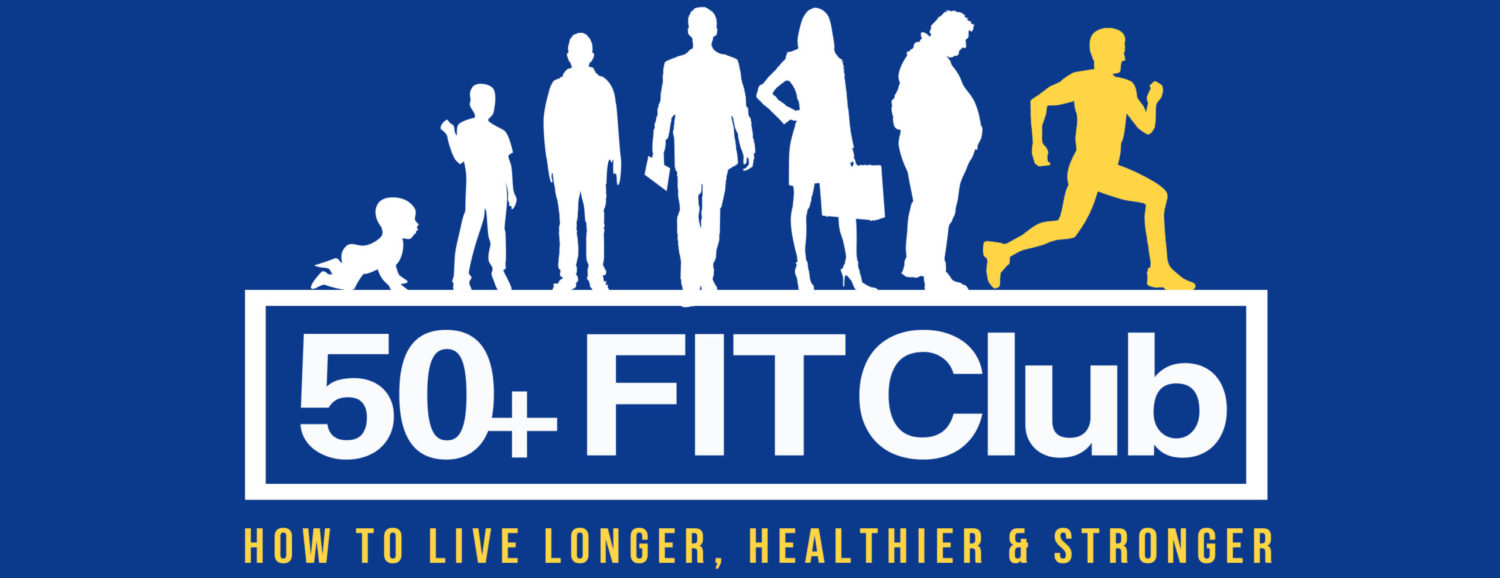
A Ketogenic Diet is a diet that removes the great majority of carbohydrates from your daily intake and replaces them with healthy fats and protein. This high-fat, moderate to high-protein, low-carb diet is believed by many to be a healthy and highly effective weight management strategy. The severe reduction of carbohydrates causes the body to shift from its normal glycotic, carb/sugar burning state into a fat and ketone fueled state which is believed to cause increased body-fat burning and less storage. Research has shown ketogenic dieting to be healthy for many people (assuming healthy fats choices are used) and claims have been made that this type of dieting is even beneficial to numerous diseases.
There are some modified, slightly higher protein versions of the diet but the standard (and most researched) ketogenic diet is typically about 75% fats, 20% protein, and only 5% carbohydrates. Foods like bread, potatoes, fruit, alcohol, rice, beans, etc, would all typically be avoided on a keto diet. The diet causes a greatly reduced blood sugar and insulin levels (which is believed to relate to many of the health benefits) and a shift into ketosis – a metabolic state where the body produces ketone bodies which are used for energy along with fat.
Keto dieting, or at least modified versions of it, is very popular in the fitness industry, including for contest prep. Fitness keto diets typically involve a higher protein intake (30% or more) while still keeping the carbs low, or some days of an actual high-carbohydrate refeed. The initial process of shifting into a ketogenic diet can be very uncomfortable as the body’s energy levels will be noticeably affected. However, after 1-2 weeks as the body learns to utilize fats and ketones for fuel, keto dieters claim to have plenty of energy with the benefit that they are getting leaner as their body-fat stores are processed for fuel. Indeed, people have gotten quite lean using ketogenic dieting practices.
If there’s a negative to ketogenic dieting, it may be that it is an “all-in” form of dieting. Going extremely low-carb can be very effective for fat loss. But as a result, the body can get to be very carb sensitive. So if/when you try to switch back into eating more carbs again, the body can easily shift into a storage mode and gain back the weight you lost. The low carb level (5% or less for true ketogenic dieting) needs to be maintained or carbs need to be reimplemented VERY SLOWLY over a prolonged period of time. Also, for some people, keto dieting seems to have somewhat of a max effectiveness point of 6-8 weeks after which further weight/fat loss gets considerably more difficult. But other than the initial difficulty in switching over due to the energy challenges, keto diet lifestyle advocates claim nothing but good things.
Keto-Friendly Foods: red meat, fatty fish, cheese, eggs, nuts, avocado, healthy oils, butter, low carb-fibrous veggies, etc.
Keto Unfriendly Foods to Avoid: fruit, bread, pasta, beans and peas, alcohol, rice, cereals, oatmeal, potatoes, unhealthy fats, etc.
There may be some limits to building muscle, and even some muscle wasting, on a ketogenic diet even with a higher protein intake. Also, some of the foods that must be given up on a keto diet, like fruits, some vegetables, and certain high in starch items (like sweet potatoes), are actually nutrient-dense, healthy food options for many people. Plus, Ketogenic diets may not be the best for athletes with high-calorie needs. But for people whose primary concern is weight loss and who have no issue with eliminating carbohydrates longterm, the ketogenic diet is an option to explore.
Photo: C.Redd

Leave a Reply